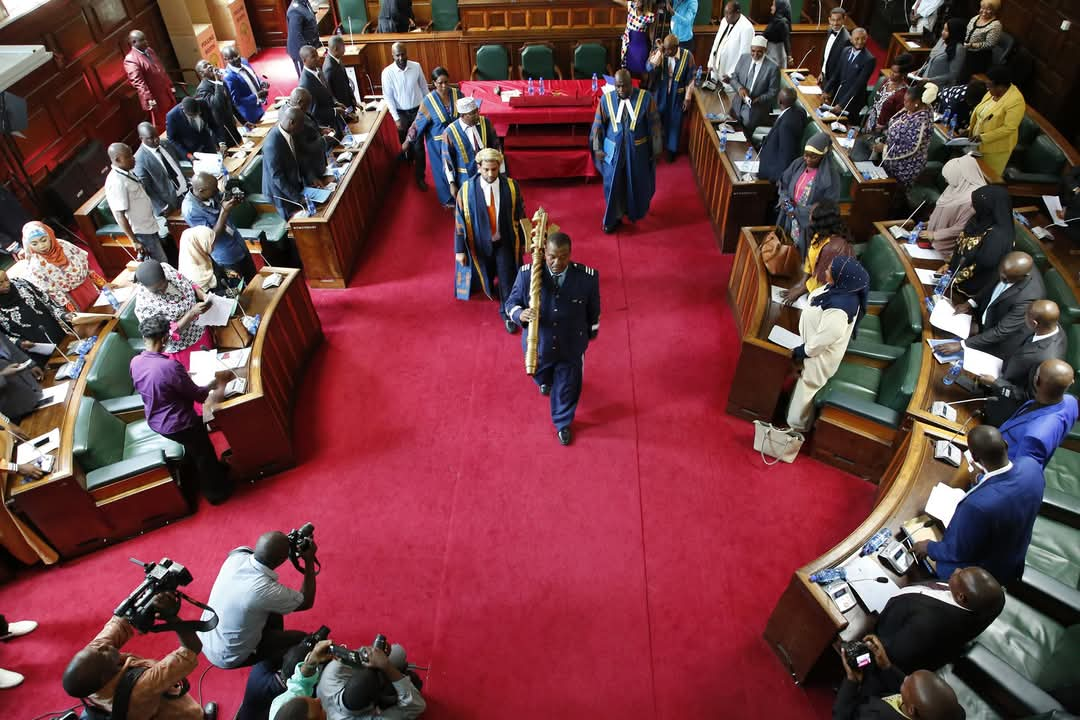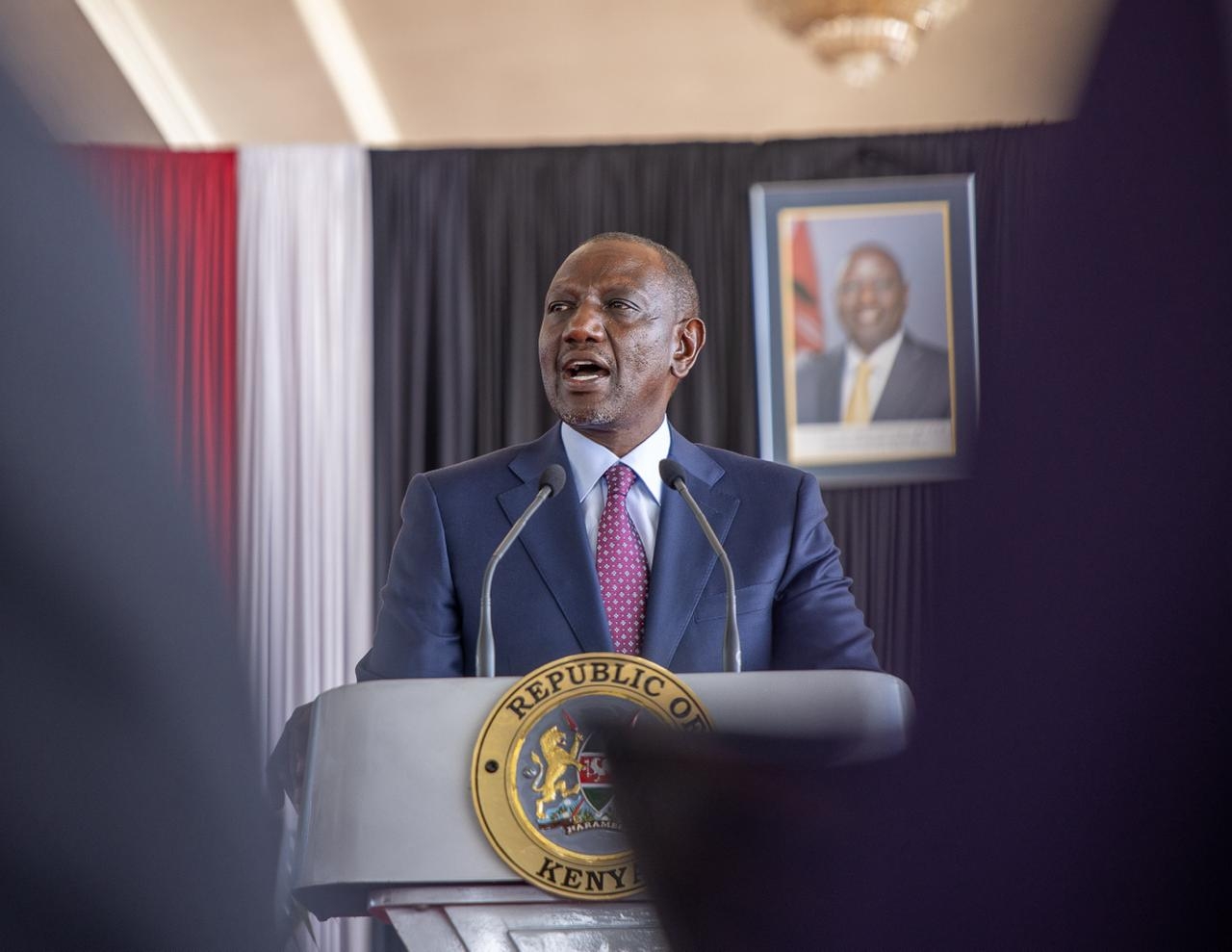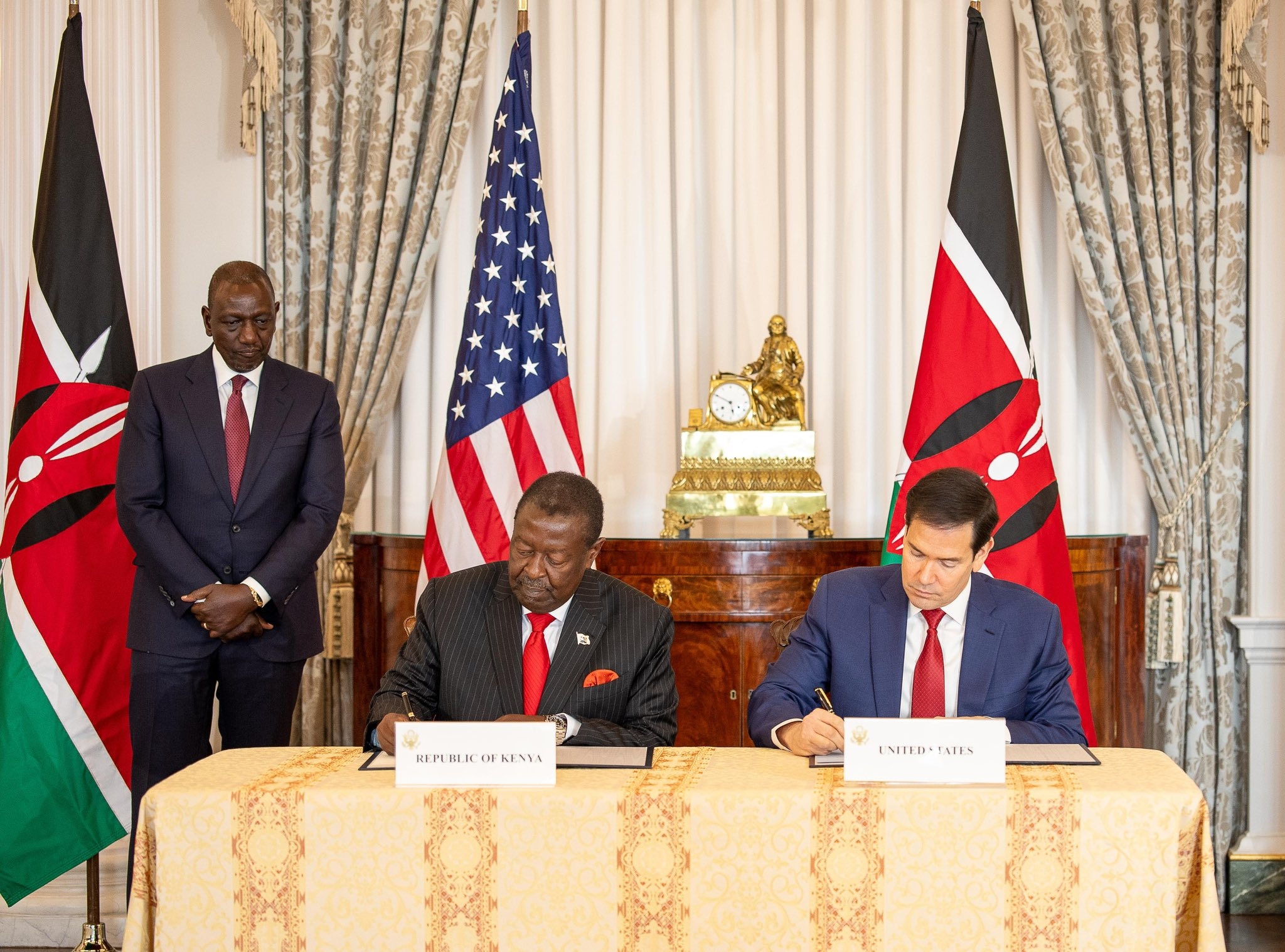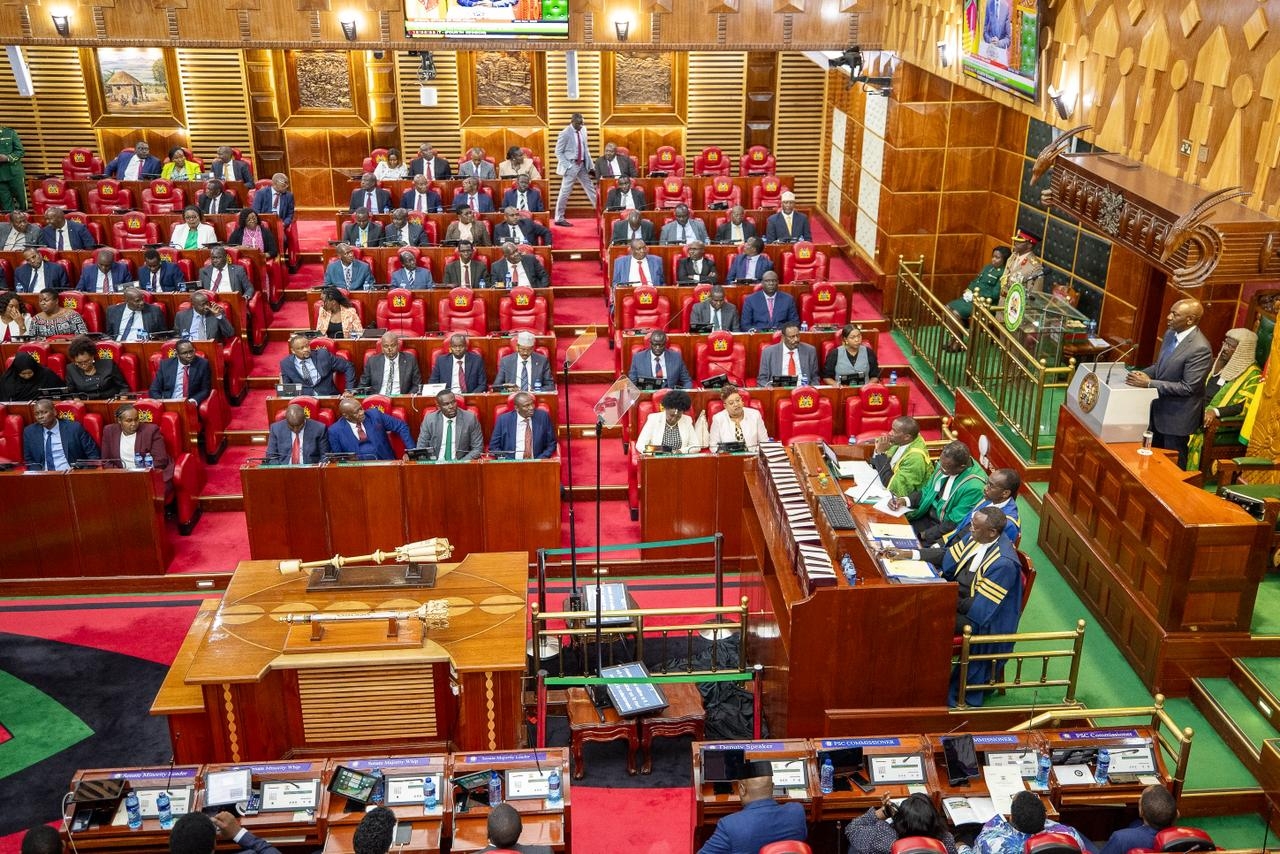 A session at the Mombasa County Assembly / BRIAN OTIENO
A session at the Mombasa County Assembly / BRIAN OTIENO
Parliament and county assemblies should consider translating the Hansard reports into local languages to enhance accessibility and understanding, a forum heard on Monday.
National Assembly deputy clerk Serah Kioko said that although the official languages of Parliament are English, Kiswahili and Kenya Sign Language, the greater good will come from translating the Hansard reports into local languages.
“When translated into local languages, there will be greater public participation in legislative affairs,” Kioko said.
She spoke on Monday while opening the seventh Hansard Association of Kenya annual conference in Mombasa.
The conference saw regional Hansard staffers attend including those from the East African Legislative Assembly and representation from assemblies in Ghana, Malawi, Tanzania and Uganda.
Kenya has more than 43 local languages but the official languages used in Parliament and county assemblies are English, Kiswahili and the Kenya Sign Language.
Kioko however said English and Kiswahili are heavily influenced by the mother tongue of the speakers, making it difficult to comprehend what is said for Hansard reporters and officers.
She urged Hansard professionals to confront the existing linguistic barriers that impede public access to legislative records, especially at the county level.
She called on Hansard professional to borrow a leaf from South Africa and India, where legislative Hansards are translated into local languages to improve accessibility.
Her sentiments were echoed Prof Robert Oduori, an associate lecturer at Moi University, who said domestication of the Hansard will greatly enhance democracy.
“The accessibility of the Hansard is directly linked to the language we employ,” Oduori said.
He said embracing local languages will not only cultivate a dynamic translation ecosystem, thereby generating employment, but will also draw citizens closer to the legislature’s agenda.
However, this will inevitably face resource constraints. According to the Hansard Association of Kenya president, George Wanyoko, standing orders dictate that reports on the deliberations in Parliament and county assemblies must be available within 48 hours. This is however hampered by manpower because of limited resources.
“I would urge County Service Boards to come up with establishments. The process of producing Hansard requires a lot of manpower due to the amount of recording transcription and editing involved,” Wanyoko said.
He called on the national government to avail more resources to recruit more Hansard staffers. He said Parliament, for instance has 45 Hansard staff against a demand of 65.
“Like us, sitting starts from 2.30 pm to 6.30 pm. Converting that audio into text requires a lot. As much as we talk about technology, this technology also requires human input, especially when it comes to punctuation and paragraphing. This technology may not do that,” Wanyoko said.










.jpg&w=3840&q=100)



![[PHOTOS] Queen Mary of Denmark arrives in Kenya](/_next/image?url=https%3A%2F%2Fcdn.radioafrica.digital%2Fimage%2F2025%2F12%2F19fd066d-efd7-4a2c-8804-138bd107761f.jpg&w=3840&q=100)


